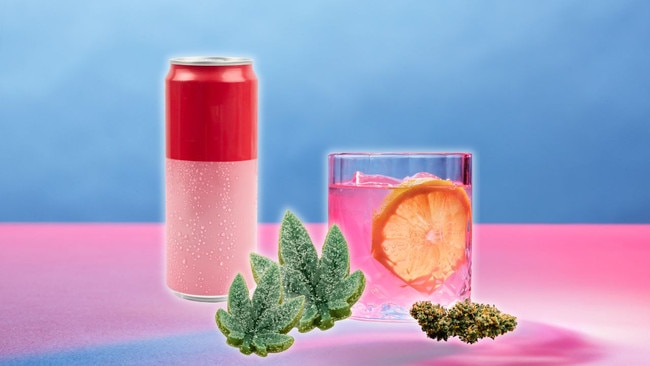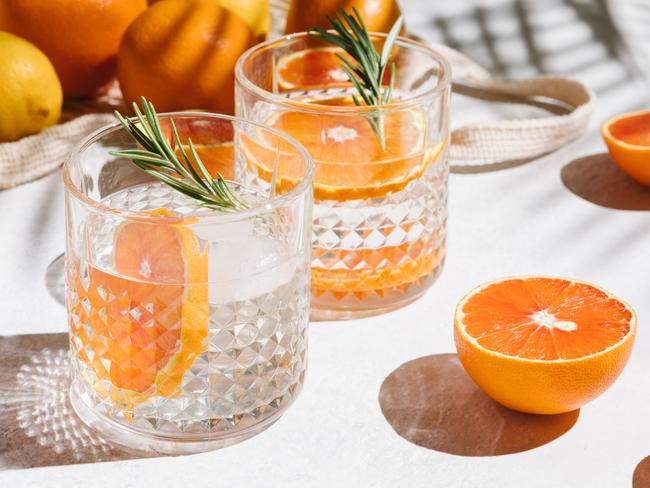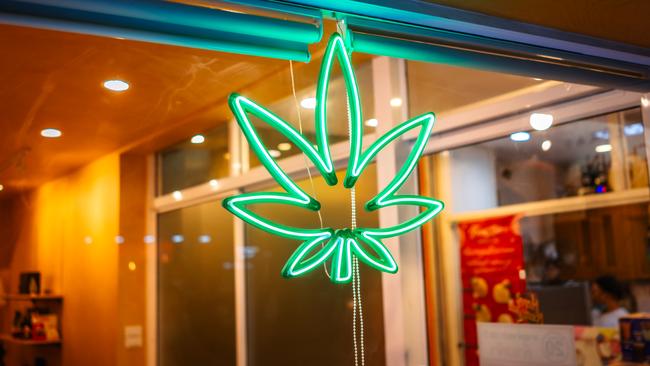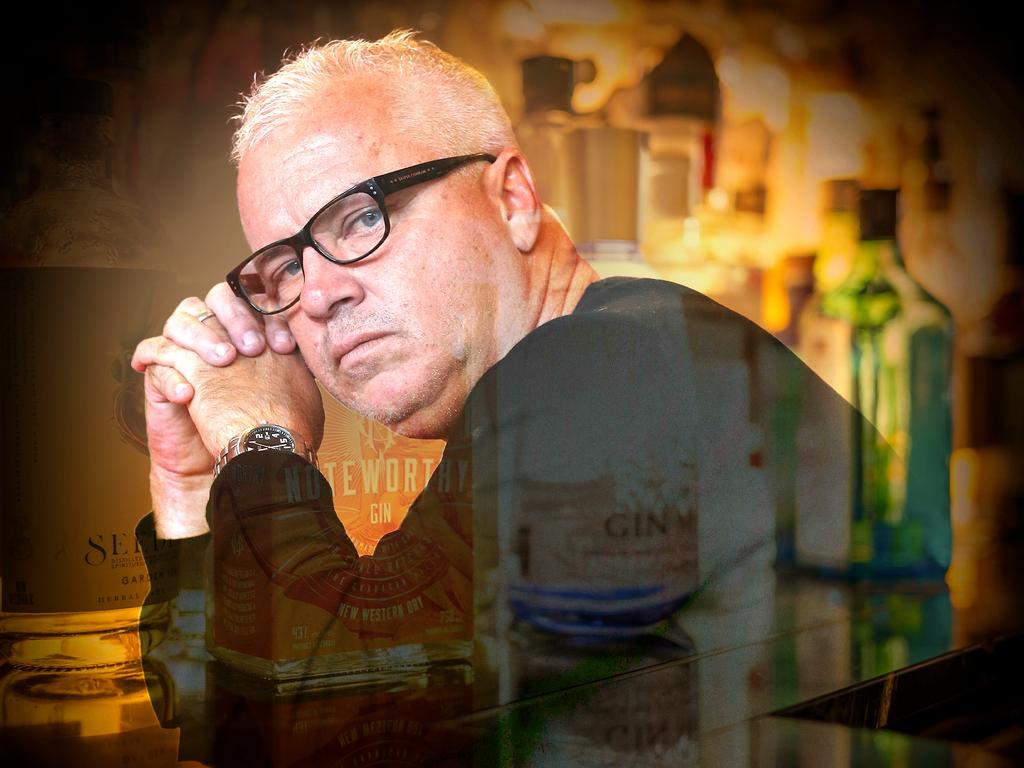Booze or weed: what’s worse for your health?
Both can do you harm, and the debate is clouded by less research into the effects of cannabis.

A renewed focus on alcohol’s health effects has rekindled a common debate: Is alcohol or marijuana worse for you?
Sorry, folks, but the short answer is that both can be bad.
“The reality is, if you’re really worried about your health, you wouldn’t use either of them,” says Ryan Vandrey, a professor at Johns Hopkins University who helps run the Cannabis Science Lab.
The longer answer: the question is complicated by the fact that alcohol has been widely studied for decades, while research into cannabis, particularly in edible form, is still catching up.
“People are pretty mindful of the fact that if they drink copious amounts of alcohol over longer periods of time, they will have health effects,” says Staci Gruber, director of the Marijuana Investigations for Neuroscientific Discovery program at McLean Hospital in Belmont, Mass. “Cannabis isn’t as clear in terms of the literature.”
There are certain negative effects that both substances share: They impair short- and long-term cognitive functioning. This impairs judgment, attention span and co-ordination, raising the risk of vehicle accidents, falls and other injuries. Both can also become addictive and can have significant mental-health consequences, particularly when overused.

Some people say THC – the psychoactive compound in cannabis that gets you high – doesn’t disrupt sleep the way alcohol does or result in a hangover. But doctors say it can leave some people groggy the next day. Cannabis may be lower in calories than alcohol but both substances can have the net effect of causing people to eat more, the so-called munchies.
Alcohol is in the hot seat. The former US surgeon general recently called for alcoholic beverages to display cancer warnings due to its longstanding links to seven kinds of cancer – including breast and colorectal cancers.
Drinking too much alcohol can also cause heart and liver issues and lead to pancreatitis, a dangerous inflammation of the pancreas. Alcohol weakens the immune system, and drinking too much even on a single occasion can impair the body’s ability to defend itself against infections for up to 24 hours.
Marijuana’s links to cancer are less clear-cut. There is evidence that smoking or vaping THC can increase the risk of cancer. An August study in JAMA Otolaryngology — Head & Neck Surgery compared patients with cannabis-use disorder to those without and found they were 3.5 to five times more likely to be diagnosed with head and neck cancer.
“We hypothesise and we assume that the smoking of cannabis is most likely to have the highest risk of head and neck cancer,” says Dr Niels Kokot, a head and neck surgeon at Keck Medicine of the University of Southern California and senior author on the study. It is unclear if ingesting THC would also pose a risk, he says, while tobacco is still a greater risk for head and neck cancers.
Kokot says his research group is now analysing data looking at cannabis-use disorder and lung cancer and intends to look at other non-inhalation cancers, too.
“We do know that smoking tobacco causes stomach, bladder cancers,” he says. “The key takeaway is that cannabis does appear to have links with cancer. We assume it’s related to smoking cannabis, but we don’t know that for sure and we don’t know how much use is kind of the danger level. But this association seems pretty strong and valid.”

Vandrey notes that while smoking cannabis is linked to lung issues, consuming edibles doesn’t carry the same risks for the lungs, though it remains unclear whether chronic use could lead to cancer or other diseases over time.
To link that with long-term cancer risk takes 20 to 30 years of research, he says.
“I think the next couple of decades are going to tell us a lot about cannabis and cancer risk,” says Vandrey. “But the key take home is, if you are concerned about cancer risk, overusing a recreational drug is not a good idea.”
Gruber says it is difficult to compare alcohol, which is a single molecule, to cannabis, which is a multi-compound plant and used in many different ways for different reasons.
Most THC products also contain other cannabinoids, and there is some data that suggests certain cannabinoids can be helpful against cancer.
“We can’t discount the impact of other compounds,” says Gruber. “Ninety to 95 per cent of the time people aren’t using a THC isolate in the recreational market.”
For example, some of the neurocognitive effects of THC may be mitigated with cannabidiol, commonly referred to as CBD, or other compounds. CBD is a chemical in the cannabis plant that doesn’t produce a high and is commonly used for pain and anxiety.
Also, cannabis is taken in many different forms, which all confer different effects, she says.
On the other hand, edibles – as well as other forms of THC – carry their own unique risks. Perhaps the most prominent is the potential for short-term psychosis – intense paranoia, delusions or even hallucinations. This is especially true when users inadvertently consume too much THC, which is becoming a greater risk as products are more potent and sometimes are stronger than indicated.
Edibles can take up to two hours to produce effects, sometimes leading people to consume more than they should. This increases the chances of experiencing psychotic symptoms.
If you have heart disease, THC in any form can increase the heart rate or acutely drop your blood pressure, resulting in potential health harms. And people with or at risk of certain mental-health disorders, such as schizophrenia or bipolar disorder, can have bad reactions to THC whether it is smoked or ingested.
Excessive use of THC can also result in cannabinoid hyperemesis syndrome, or CHS, a cyclical vomiting condition that often lands people in the emergency room.
Some studies have found that alcohol is more harmful on a societal level than marijuana, but most such studies were conducted when cannabis was illegal.
Gruber says recreational cannabis consumers should be mindful of “what’s in their weed”.
The Wall Street Journal




To join the conversation, please log in. Don't have an account? Register
Join the conversation, you are commenting as Logout